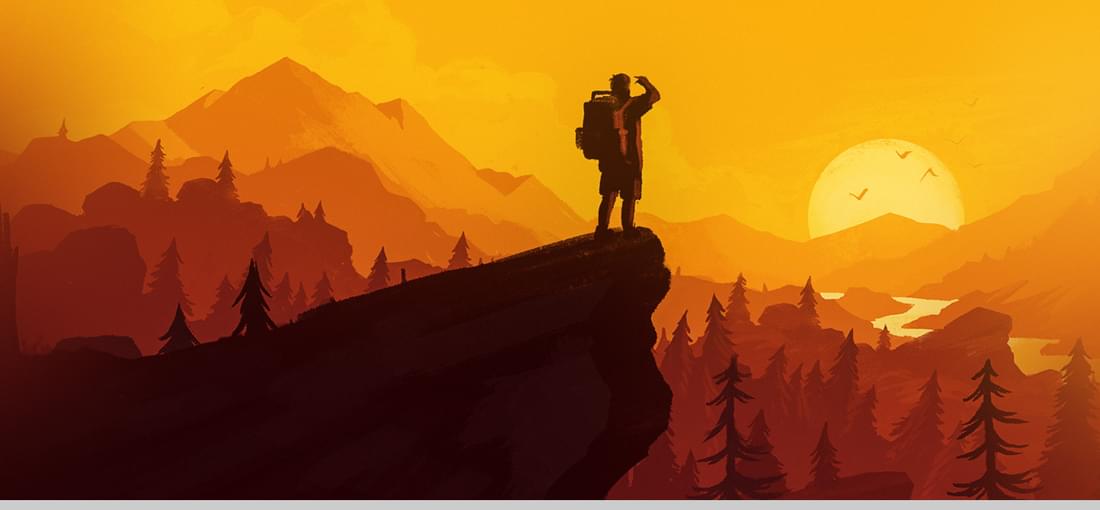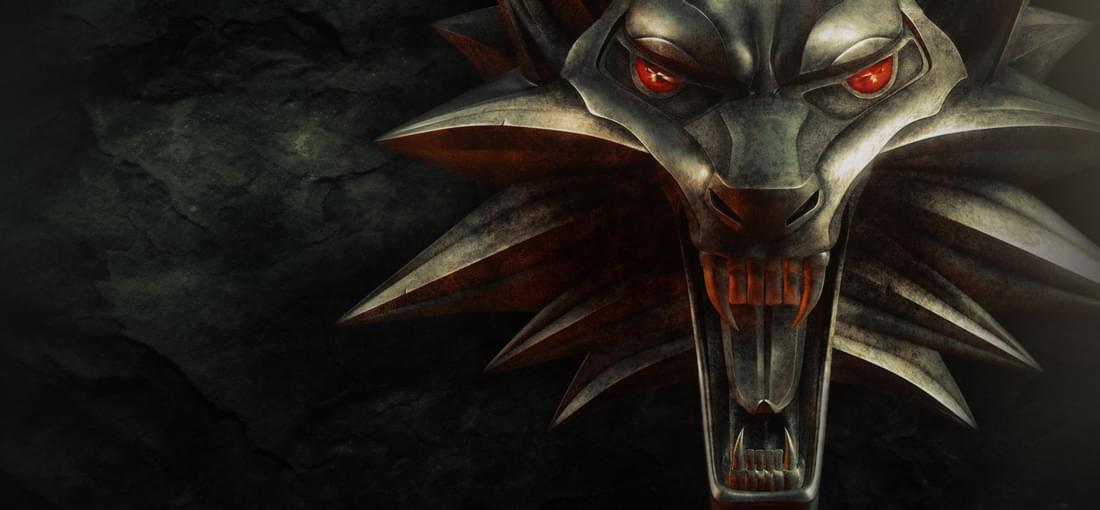


Firewatch would be a decent film or novel. But it’s a pretty poor game. [If you have played the game already, please read this review to the end. It would be easy to jump to conclusions if you had only read halfway...] Viewed purely as a narrative playing out in glorious 3D, Firewatch does well. It has a gripping story, exceptional writing and acting, and a beautifully realised setting that contributes well to the overall work. The music also fills its role well, in many cases by its absence, helping create a sense of loneliness. In these regards, Firewatch attains the high standard we should be coming to expect from interactive fiction. But what about that word – interactive? Where is the interaction in Firewatch? In short, there is none. At least, there is no interaction which is endogenously significant, that is, which impacts on the system. Interactivity in Firewatch means walking to and from places, pressing space to get over obstacles, and looking at things while pressing left shift to talk to your boss, Deborah, on your walkie-talkie. The choices you make are, without exception, false, since they have no impact on the system. If they have any impact at all, it is restricted to the most superficial of the superficial, like choosing between three names for your dog. There aren’t even choices that impact the progression of the narrative. Indeed, it would be impossible to create a choice that did impact the system. This may sound strange, and this is because Firewatch is, by design, very much strange. There is no goal in Firewatch. You simply press buttons until you get to the credits. While this might at first appear sensible for a narrative-driven work, what it delivers is a purposeless, unfocused system. Combine that with the interaction that has no endogenous impact, and the system is a bit like a version of Minecraft where you are told where to place the blocks. Now, players of Firewatch will probably be very confused at this point. “What are you on about? I loved the game! It didn’t feel purposeless or anything!” They are right. I also enjoyed Firewatch. But what I enjoyed was the fiction. Firewatch did not justify its medium. It could have portrayed its narrative, for example, through the medium of film, where the story wouldn’t have this perpetual distraction of having to click things and press buttons in order to get the story to progress. So, in conclusion, I won’t say, “don’t buy Firewatch”. If you’ve got 2 or 3 hours spare, it’ll probably be worth your time. I’ll simply say, “don’t buy Firewatch looking for a game”.

The Witcher is a game that gets a lot of high talk amongst industry moguls, and indeed it did have use of consequence in a dynamic world and story (though it follows a generally linear plotline), a strong sidequest system, a solid combat system which promoted forward planning, and other mechanics which encouraged the player to learn about the world they were in. All these things make it a significant title in the history of the genre. However, this game has so many and so grevious faults that after 26 hours of grinning-and-bearing-it, I finally threw in the towel on it. The main story was very generic, for a start - and it made this clear from the beginning, with an atrociously uninstructive, unintroductive and poorly paced opening sequence - with you the player suffering amnesia, and a sorceror planning to... good God, I'm not even sure. There was a sorceror and he was evil for some reason apparently. Admittedly, the setup of the Witcher's lot was interesting, with the people relying on your monster-hunting services while at the same time despising you, and meanwhile your own character not being too friendly to others making an intriguing setup. But any bright ideas in this lot would be impossible to bring to light with the game's execution. By this I mean the mediocre English voice acting and script writing, which left characters as dull as dishwater. Not aided by the mere handful of character models (and voice actor/esses) available, which were reused time and time again with exception for the most important characters in the narrative. It has to be said, however, that the animation is solid, with posture being used well within engine limitations to convey character and combat animations feeling fluid and real. The downpoint of the animation, though excusable, is the lip-syncing, which brings me on to the dialogue screens. The dialogue screens are potentially hugely immersion-breaking, with the world waiting for you to have your conversation, and then also waiting for the second-long loading screen between gameplay and dialogue. Remark the time I walked into an ambush of a dozen enemies who jumped me, ran up to me, and stood patiently while my helpful tour guide remarked on the area's unique history. All this might have been bearable had it not been for the Witcher's shocking portrayal of women. I can barely tell the difference between townswomen and prostitutes; they have such ridiculous cleavage showing, and certainly all of the lead female characters have been sexualised, including Shani, a medical friend of yours who helps plague victims dressed in her barely existent skirt that leaves both her legs wholly exposed. And to mention the women-who-sell-sex* - yes, it's fair to say there would be prostitution, but not on every street corner! Not at every hour of the day! Not wandering the docks at lunchtime! Not ready to give their stock gratis to any man who approaches them with a bunch of tulips! --------------------------------------------------------------------------------------------------------------------------------------------------------- Overall, this game had me excited for the storytelling and the important, consequential choices the game's narrative had to offer, but if they were there, they were hidden far behind the rubbish dump that is this game. Play this if you want a prime example of staggering incompetence.